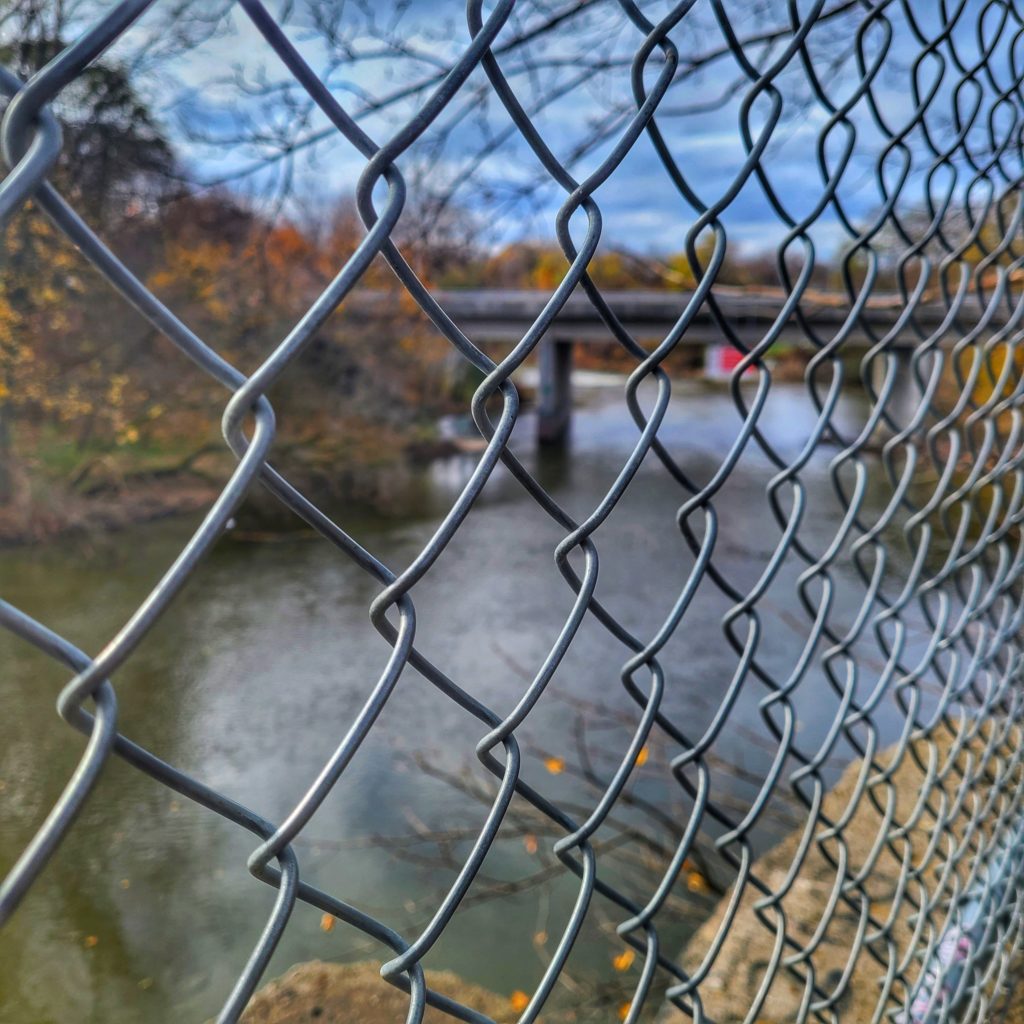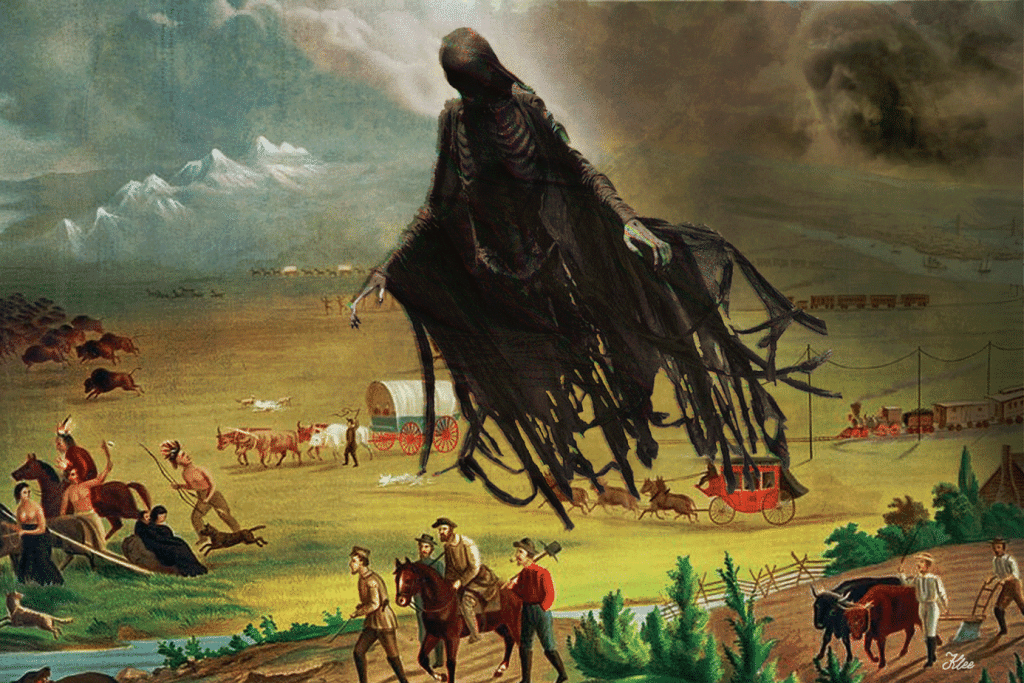Discussed in this post: 6 books (Acts of Resistance; Rent; State of Insecurity; Rentier Capitalism; On the Golden Porch; and American Innovations); 4 movies (Crimes of the Future; The Banshees of Inisherin; Speak No Evil; and First Cow); and 2 documentaries (Phoenix Rising; and Harvard Beats Yale 29-29).
Continue readingUncategorized
There are 647 posts filed in Uncategorized (this is page 4 of 65).
January Reviews
Discussed in this post: 17 books (Tales of Love; Three Characters; Attachment and Loss, Vol. II; Lustmord; Health Communism; Homo Juridicus; A World of Becoming; Call Them By Their True Names; The Lying Lives of Adults; A General Theory of Oblivion; The Dinner; The President; After Midnight; The Flame; To Urania; Powers of Congress; and Josephine Baker); 8 movies (Triangle of Sadness; Pearl; Don’t Worry Darling; Moloch; Pleasure; The Menu; M3GAN; and Aftersun); and 4 documentary (FIFA Uncovered; Brainwashed; What Happened in Vegas; and Pepsi: Where’s My Jet?).
Continue readingThought Experiment
At their root, all of our addictions, self-harming behaviors, neuroses, and mental illnesses, arise and then come to dominate us, when we feel as though we are completely alone in the experience of something unbearable, something devastating, something terrifying, or something incomprehensibly bad.
We associate loneliness with being abandoned by others, but there is more to the harm caused by loneliness than simply feeling unloved by others. An essential component of loneliness is the repudiation of one’s efforts or ability to love and, more specifically, to still be capable of loving in the midst or aftermath of the unbearable, devastating, terrifying, or incomprehensibly bad. Loneliness cuts us to the core precisely because when we reach to others to try and love them, we discover that our best efforts to love are treated as undesirable, inappropriate, grotesque, or repulsive.
Freud comments on this: “The realization of impotence, of one’s own inability to love… has an extremely debilitating effect on self-feeling.”
We witness the outcome of this in the lives of people who are deprived of housing whom the City classifies as non-compliant, as those who are deviant because they, in the words of City bureaucrats, “choose homelessness” and refuse the help offered to them (a hotel room, a cot at the Salvation Army, and so on). Apart from a good deal of practical reasons people have to refuse that help—such places might be unsafe for the person, the person may have been treated in a violent and dehumanizing manner last time they stayed at one of those places, the person may not want to be separated from their life partner or animal companion, or whatever else—refusal to accept help at the level of basic needs (in terms of Maslowe’s Eurocentric, post-Enlightenment hierarchy of needs), can be a way of asserting one’s basic human dignity and that, first and foremost, a person must be treated in a way that demonstrates they are considered a person worthy of being loved by others and capable of loving others.
I was prompted to think about this when I encountered the following quotation from Lacan’s lectures on the psychoanalytical concept of transference. Lacan says that “it is so desire which goes beyond demand not be extinguished that the subject who is hungry does not let himself be fed… libido refuses the satisfaction of need to preserve the function of desire.”
In other words, our core desires, the central demands we make of others, are not strictly about food and shelter and socks and gloves. They are about how we are or are not treated as members of a beloved community. And if someone thinks they can be over and done with me and my needs simply by offering me some granola bars and a cot in a church basement, I might very well refuse that offer so that people recognize, hey, there’s a lot more to me than my hunger and my exposure to the cold. Or, in Lacan’s language, I refuse the satisfaction of basic needs to prevent the other person from thinking they have satisfied my core desires. I refuse to accept your provision for my basic needs unless you first recognize not just that I am a person who deserves to be well loved but equally a person who is capable of loving well. If that does not occur, then I am just being offered charity by a cruel people in a comfortless world—a world I will then refuse to join.
And comfort, it should be added, is an essential part of love. Russ Leander, an art therapist working in the AIDS ward of a Chicago hospital during the AIDS epidemic, has this to say on the subject: “For me, the ultimate message, meaning gift, whatever of this epidemic is that there are many different ways to heal. If you can’t heal or cure, then comfort. Truly care for people.”
So, also, in our current epidemic of COVID, housing deprivation, austerity, and greed. There are many different ways to heal. Are there are many avenues people pursue for comfort in a comfortless world. Substance use, self-harm, and going mad are all ways to pursue that when you feel all alone. As Christopher Bollas says in Three Characters, “At the root of all character disorders there is mental pain… each disorder is an intelligent attempt to solve an existential problem.” And if we, in the limited companionship we offer to others, cannot heal or cure, then at least, in the midst of their addictions, their self-harming behaviours, their neuroses, and their madness, let us offer people comfort and the opportunity to comfort us and others in return.
On Love: Grief, Loss, & the Un/making of Selves

Introduction: Or, Just Me and My Unconscious
At the beginning of the last year that Jess and I spent together, I wrote the following poem:
I have spent seven years
Trying to memorize the contours of your body
Your textures, shapes, and spaces
With my lips and fingers
And the palms of my hand
But no matter how hard I try
I cannot hold you
Cannot kiss you
Cannot recreate you
When you are not here
I have spent seven years
Trying to memorize the sound of your voice
Pitch and timbre, intonation
Seven years spent
With the smell of your hair
And the space at the back of your neck
Seven years
Trying to memorize
The way you look when you are astride me
And the taste of your sweat
Seven years
To recall the way you fit within my arms
When I first get home
And the burst of your laughter when you are delighted
And I am ridiculous
But when you are gone
You’re gone
And I cannot bring you back
Not one part of you
My darling
I am impossible
Without you
Continue readingReviews in Review 2022
Well, life happened and my monthly reviews went to the wayside in 2022. However, I am still posting a brief year end summary. In 2022, I read 130 books, watched 29 movies, and watched 31 documentaries. Different genres trend at different levels for me year-to-year and this last year, I was pretty heavy on reading in the psy disciplines and poetry and read much less in other domains of theory and even literature than usual. In terms of movies, I watched a lot less of the international (i.e. subtitled) films and film fest circuit movies and a lot more horror, including mainstream horror (which I watch weekly in a rooming house with some fellows I support through my job). Documentaries were more dependent than usual on what Netflix has on offer. Not the best year, but I survived it. Here, then, are the best of the best and the worst of the worst.
Continue readingJanuary Reviews
Discussed in this post: 8 books (Pilgrim Bell; The Guiltless; Fictitious Capital; The Radiant Lives of Animals; Strictly Bipolar; The Hidden Spring; Shuggie Bain; and The Body Keeps the Score); 2 movies (Censor and Malignant) and 2 documentaries (The Rescue and Gunda).
Continue readingA Poem For My Son Charlie On The Occasion of His Thirteenth Birthday
My son
Born in water and blood
Becoming flesh
Not easy for you
Becoming father
Not easy for me
But darling
Just look at us now
You have the gentle curiosity
Of a boy unfolding
Cautiously in the world
Playfully at home
You remind me of myself
If I had grown up in a safe and loving home
My son
I give you what I did not receive
And you give me so much more than I ever imagined
Possible
Love and wholeness and reasons for living
A son is a supple and oh-so-delicate thing
You have a quiet thoughtfulness
A surprising ridiculousness
A delightful tender-heartedness
And when you slide yourself beneath my arm
When we sit on the couch together
I know that everything in my life that brought me here
Absolutely everything
Was worth it
Thank you
I love you
Happy birthday

2021 Reviews in Review
I read somewhat more books in 2021 than in previous years. The pandemic was certainly a factor. Be that as it may, I read 156 books, watched 44 films, and watched an additional 41 documentaries. Here, then, is my list of the best of the best, the worst of the worst, and everything else in between.
Continue readingThe Rain Sounds Differently

The rain sounds differently
On hemlock pine and spruce
The wind speaks with a distinct voice
In maple elm and cedar
The dryads can tell you with their eyes closed
Which is which
The river sings when she is full and rushing
Playfully joyously
Glad to be alive
The naiads dance just below the surface
On moonless nights
They hold their breath and
Leap
My American friend
Tells me he can identify
A Glock 22 a Smith & Wesson Model 340 a SIG Sauer a Ruger Blackhawk
Just by the way they sound when fired
He can blindfolded assemble an AR-15
In 40 seconds or less
Something he tells me
With obvious pride
I go home
Pray to all the gods I don’t believe in
Kiss my children
And count my dead
Locusts

I hear the voice
Of anywhere but here
Calling me calling me
Calling me away
The mountains
The oceans
The forests
The swamps and river deltas
Anywhere but here
Calling me away
My people
We go
And we stay
Just long enough
To devastate
Everything
And then we once again
Hear the voice
Of anywhere but here
Calling us calling us
Calling us away